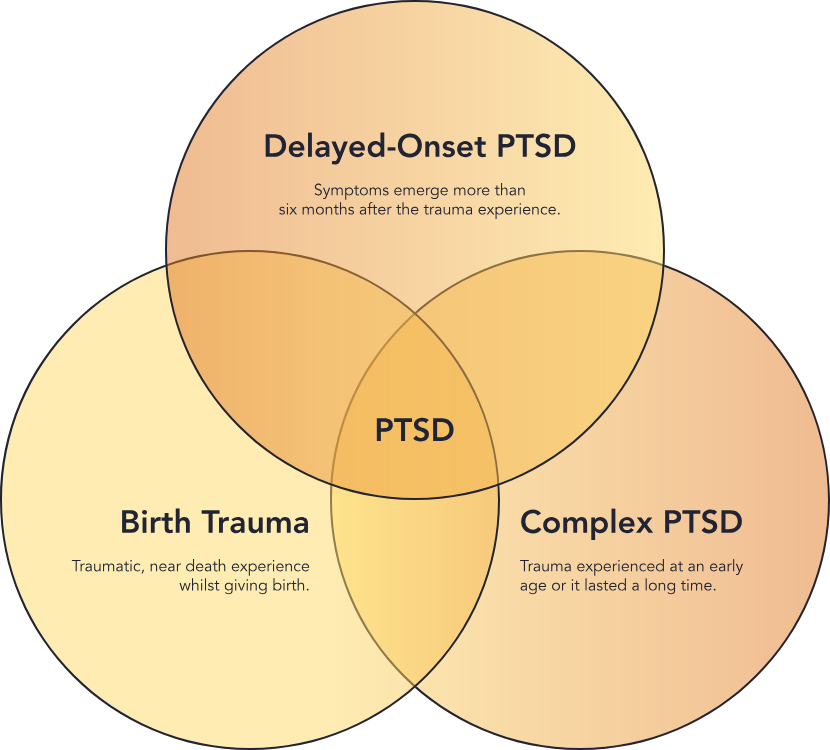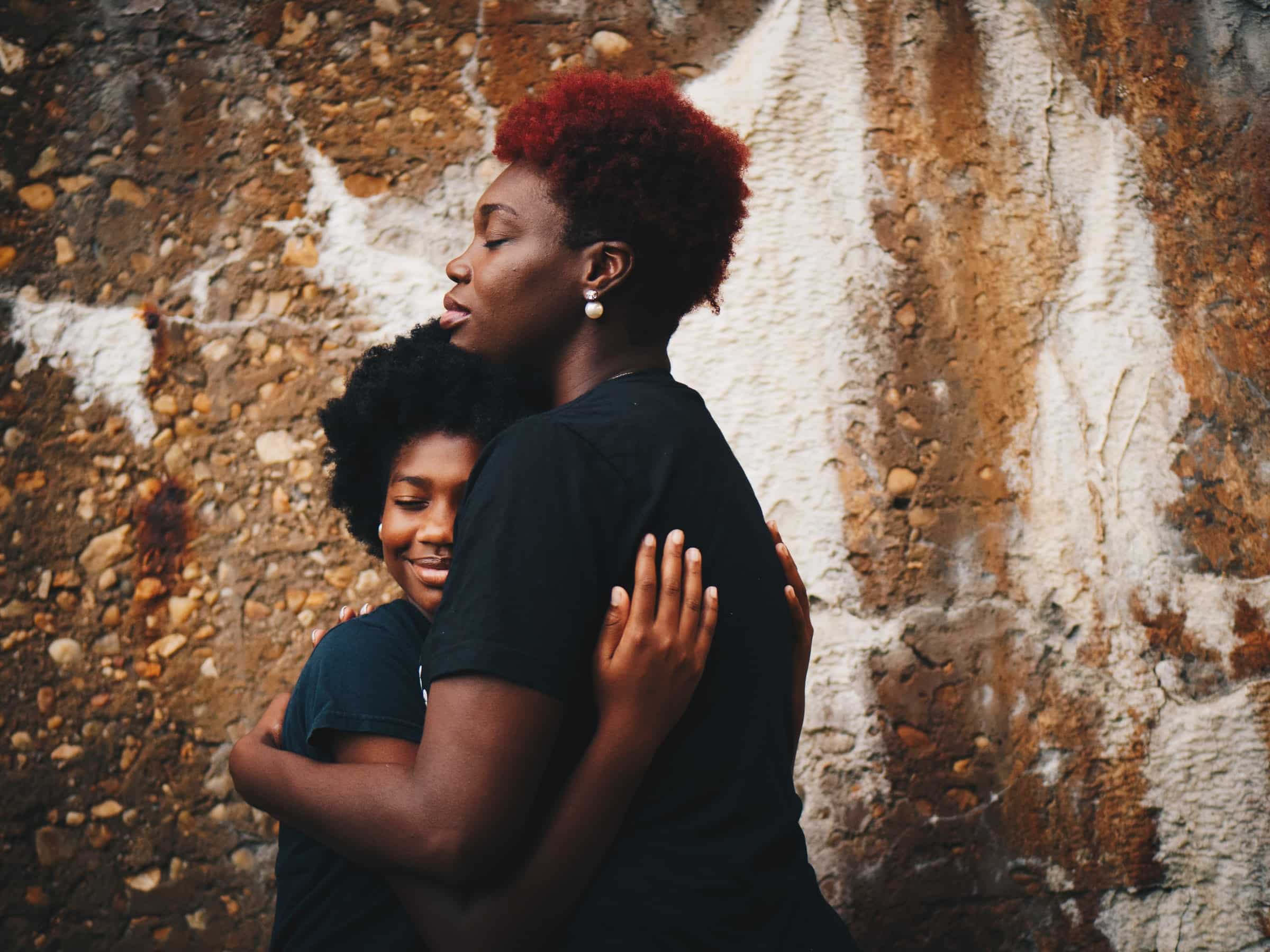PTSD Therapy in San Diego, CA
Get a personalized treatment plan online and start feeling like you again with medication, therapy or both.
*Call for a free and confidential assessment. Insurance may cover 100% of the cost.
What is PTSD?
Post-traumatic stress disorder (PTSD) is a disorder that develops in some people who have experienced a shocking, scary, or dangerous event.
Post-traumatic stress disorder (PTSD) is a severe psychiatric condition that directly results from a traumatic or severely distressing event(s) or situation. This can include such events as a terrorist attack, serious road incidents, military combat, violent attacks. Furthermore, PTSD can occur after sexual abuse, rape and emotional abuse.
Many individuals who experience a traumatic event can often be seen to have difficulty coping or adjusting back to everyday day-to-day life again. A person experiencing PTSD will often relive the traumatic experience via flashbacks and nightmares, leading to further feelings of guilt, isolation, and irritability.
Symptoms can become so severe that individuals can no longer perform daily activities. However, the correct treatment for your individual experience, people can be seen to live a high-quality everyday life with their loved ones.
PTSD affects approximately 3.5% of US adults every year, with an estimated 1 in 11 people diagnosed with PTSD within their lifetime.
If you have found yourself or a loved one experiencing any of the signs or symptoms of anxiety, please do get in contact with a member of our team to receive the care and help you need.
The different types of PTSD
If you are diagnosed with PTSD, you will often be told if you have severe, moderate or mild PTSD, further determining what treatment style you are offered to improve your symptoms. Additionally, your diagnosis may be described with the following description:
Delayed onset PTSD
Individuals diagnosed with delayed onset PTSD will often be described as a person who does not develop any form of PTSD until at least six months, if not long after their traumatic experience.
Birth trauma
Birth trauma is a shorthand term for a woman who has been diagnosed with post-traumatic stress disorder after the birth of her child. While giving birth, the women experience a traumatic situation, either beforehand, such as a car accident, or during the delivery, they can experience birth trauma.
Complex trauma
Complex trauma refers to an individual who has been exposed to or experienced a set of severe traumatic events. This is often via a challenging childhood in which they were repeatedly exposed to traumatic events such as neglect or abuse.

The signs and symptoms of PTSD
The symptoms of PTSD are both physical and psychological: usually developing within the first month of the traumatic event; however, symptoms can appear up to a year later.
PTSD symptoms can be grouped into four categories, Avoidance, intrusive memories, adverse changes in mood and thinking, and changes in emotional and physical reactions.
While signs and symptoms can vary from person to person, living with the disorder can have a significant adverse effect on your ability to function in daily life, particularly if you suffer from extreme and persistent symptoms. Below we have listed the most common experience symptoms experiences by those that have been diagnosed with PTSD.
Mental signs and symptoms to look out for:
- Unable to relax
- Dread
- Constant worrying
- Insomnia
- Panic attacks
- Moods
- Irritable
- Nervous
- Derealisation
- Depersonalisation
- Restless
- On edge
Physical signs and symptoms to look out for
- Nausea
- Pins & needles
- Teeth grinding
- Headaches
- Dizzy
- Hot flushes
- Irregular heartbeat
- Aches & pains
- No sex drive
- Panic attacks
- Sweating
- Shortness of breath
- Dry mouth

Causes of PTSD
The initial cause of PTSD will often be apparent after a particular traumatic event or situation; however, it is still to be determined as to why some people go on to develop the disorder further while others who may have experienced the same or similar circumstance will not go on to develop post-traumatic stress disorder.
While not every person who experiences a traumatic and distressing experience develops PTSD, several risk factors can increase the chances. This is caused by a complex mix of:
Distressing single event
Depending on the individual, being involved in a distressing or dangerous situation such as a car crash could cause PTSD symptoms, especially if you were the one who was in control. Individuals will often begin doubting themselves mentally and physically, which will result in them limiting their lives
Ongoing traumatic events
Individuals who have been exposed to an ongoing traumatic situation such as being physically abused, harassed, bullied, or sexually assaulted can lead to severe PTSD symptoms, which generally will be triggered later on in the individual’s life
Career
Several individuals risk their lives to save ours daily. Firefighters, paramedics, therapists, and the police will all have witnessed a certain degree of traumatic situation that we could never imagine. At times, the visuals of these situations become too much for one to handle alone
Traumatic birth
Women give up their entire bodies to bring a child into the world; however, there are times when giving birth does not go to plan. There can often be very severe complications that can happen, which can leave the mother traumatized
Death
Losing someone close to you, whether a family member or a lifelong friend. Witnessing their death, or simply coming to terms with the death of a loved one when it was unexpected, can place our minds into a temporary state of shock
Witness to a violent death
You do not always have to be involved in a traumatic situation to develop PTSD. Witnessing an abnormally violent death can be a cause for the disorder
Natural disasters
Experiencing a severe natural disaster such as floods, tsunamis or earthquakes where human life is in danger is a well known cause of PTSD

Take the step and gain back your life.
Here at Park Mental Health San Diego, we completely understand that living with the severe symptoms of post-traumatic stress disorder can have a significant adverse impact on your daily life. Our Park Mental Health specialists are ready to take the first steps and speak through your situation while discussing the various treatment options available. Additionally, we will devise a bespoke treatment plan tailored to your specific goals, needs, and requirements to help relieve the disorder’s symptoms.
With PTSD, individuals will often experience additional mental health issues such as generalized anxiety, depression, and panic attack, which will further enable the individual to withdraw from life and any social activity, which will further develop the mental health disorders.
Post-traumatic stress disorder can be effectively treated even if symptoms arise months or even a year after your initial traumatic situation. With a range of tailored treatments available for you here at Park Mental Health, we will have the severity of your symptoms decreasing and the overall wellbeing and mental health increasing.

Selfcare tips for PTSD
In the aftermath of a traumatic event, many people will often suffer from PTSD symptoms immediately from being unable to stop thinking about the situation that happened to feel fearful, depressed, guilty, angry, and anxious all at the same time. This can leave an individual feeling completely overwhelmed and confused; however, this is an entirely normal reaction for a human experiencing a traumatic event. Unfortunately, most people who have been exposed to trauma do not begin to develop any PTSD symptoms until long in the future.
Receiving timely help and support from a medical professional will significantly decrease the likelihood of an individual developing PTSD. However, there are additional activities you can follow which will further help you; this can take form as:
- Actively seeking out professional help for a brief therapy course
- Reach out and surround yourself with trusted friends and family who will support you
- Do not turn to drugs or alcohol
- Some individuals often turn to their faith community
- Express your emotions to loved ones and medical professionals
- Take care of your physical and mental well being
- Keep a journal of your when you symptoms are worse than normal. This is an effective way to identify situation, people or activities that may be triggering for you
Therapy for PTSD
Attending therapy sessions for PTSD can help give your life structure and support through stressful and challenging situations. Park offers a range of therapy treatment options; in particular cognitive behavioral therapy and mindfulness are the most effective treatments for PTSD.
This specific therapy can be helpful to develop practical ways of dealing with your PTSD. Therapy can further help you develop:
- Communication skills
- Learn how past or even current situation may have been starting point that led to the development of unhealthy thought patterns and behaviors, all of which could be maintaining your distress
- Build or re-build healthy relationships with loved ones
- Develop new skill sets to handle intense emotions that may be disrupting your living life the way you chose
- Build your confidence to handle any challenging situations that may come your way
PTSD is a complex disorder that affects each one of us differently, which is why we offer bespoke evidence-based approaches to help you develop skills effectively to aid you in breaking the negative cycles.

Medication for PTSD
Depending on the severity of the person’s PTSD, it is common for medication such as psychotropic to be prescribed along with therapy. Additionally, antipsychotic medication may be prescribed mainly second-generation if you have an underlying psychiatric condition like bipolar or schizophrenia. There is never any shame in taking medication to help cope with the symptoms of your PTSD.
Many people do not enjoy taking medication for their disorder and believe they have to hide; however, there is never any shame in taking medication to help cope with the symptoms of your PTSD.
Due to each experiencing unique symptoms, receiving the best results requires analyzing each person to the most effective medication. Our medical professionals at Park will constantly research and finetuning treatment to ensure the individual response is at maximum effectiveness.
To ensure you receive the best results, your progress must be measured periodically. This allows us to make informed decisions based on data regarding your treatment.

Types of medication available for PTSD
Medication can often be prescribed as the first line of treatment for PTSD. Mediation is an effective way to deal with your symptoms, whereas therapy treatment will delve into your mind to understand your root cause of the mental health disorder.
In the beginning, individuals will want to calm their PTSD symptoms before they understand the complex reasons why they may be suffering. Below we have a list of medications we often prescribe to our customers:
- Fluoxetine
- Paroxetine
- Sertraline
- Venlafaxine
- Antidepressants
- Beta-blockers
- Antipsychotics
- Benzodiazepines
- Monoamine oxidase inhibitors (MAOIs)
Your most frequently asked questions, answered.
What areas do you cover?
Park Mental Health Treatment covers the San Diego, California area. If you are unsure of whether you are near our facility, please either submit an online form or alternatively contact a member of our team today on 866-420-2524.
Do you provide outpatient care?
Yes, Park Mental Health Treatment has the facilities to cater for outpatient care. Alternatively, if you require inpatient care, we also have partnerships with facilities around the San Diego, CA area that can cater for inpatient therapies.
How do I get in contact?
To contact a member of our team, either complete an online form or call us directly on 866-420-2524.